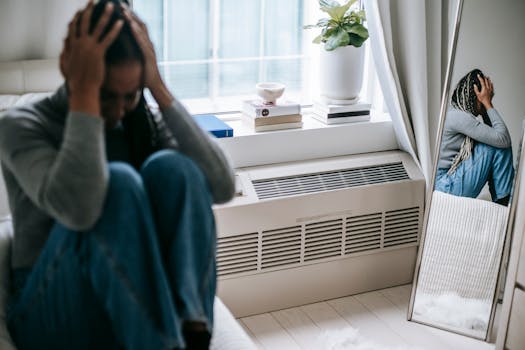
Regular Exercise and Mental Health: The Benefits of Physical Activity on Mind and Body
Regular exercise is a powerful tool for improving mental health, reducing stress and anxiety, and boosting mood and self-esteem. Regular Exercise has been shown to have a positive impact on mental health, with benefits including reduced symptoms of anxiety and depression, improved sleep quality, and enhanced cognitive function. In this article, we will explore the benefits of regular exercise on mental health, and provide tips and strategies for incorporating physical activity into your daily routine.
The Science Behind Exercise and Mental Health
Exercise has been shown to have a positive impact on mental health by reducing stress and anxiety, improving mood, and enhancing cognitive function. The science behind exercise and mental health is complex, but it is thought that physical activity stimulates the production of certain neurotransmitters, such as endorphins and dopamine, which are associated with feelings of pleasure and relaxation. Exercise has also been shown to reduce inflammation, which is thought to contribute to the development of mental health conditions such as depression and anxiety.
Benefits of Regular Exercise on Mental Health
The benefits of regular exercise on mental health are numerous. Some of the most significant benefits include:
- Reduced symptoms of anxiety and depression
- Improved sleep quality
- Enhanced cognitive function
- Boosted mood and self-esteem
- Increased energy levels
- Improved overall sense of well-being
Tips and Strategies for Incorporating Physical Activity into Your Daily Routine
Incorporating physical activity into your daily routine can be challenging, but there are many tips and strategies that can help. Some of the most effective include:
- Finding an exercise that you enjoy, such as walking, running, or swimming
- Scheduling exercise into your daily routine, such as first thing in the morning or during your lunch break
- Starting small, with short periods of exercise and gradually increasing the duration and intensity
- Exercising with a friend or family member, to provide motivation and support
- Tracking your progress, using a fitness tracker or exercise log
Conclusion
In conclusion, regular exercise is a powerful tool for improving mental health, reducing stress and anxiety, and boosting mood and self-esteem. By incorporating physical activity into your daily routine, you can experience the many benefits of exercise, and improve your overall sense of well-being. Remember to start small, find an exercise that you enjoy, and schedule it into your daily routine. With regular exercise, you can take the first step towards a healthier, happier you.






